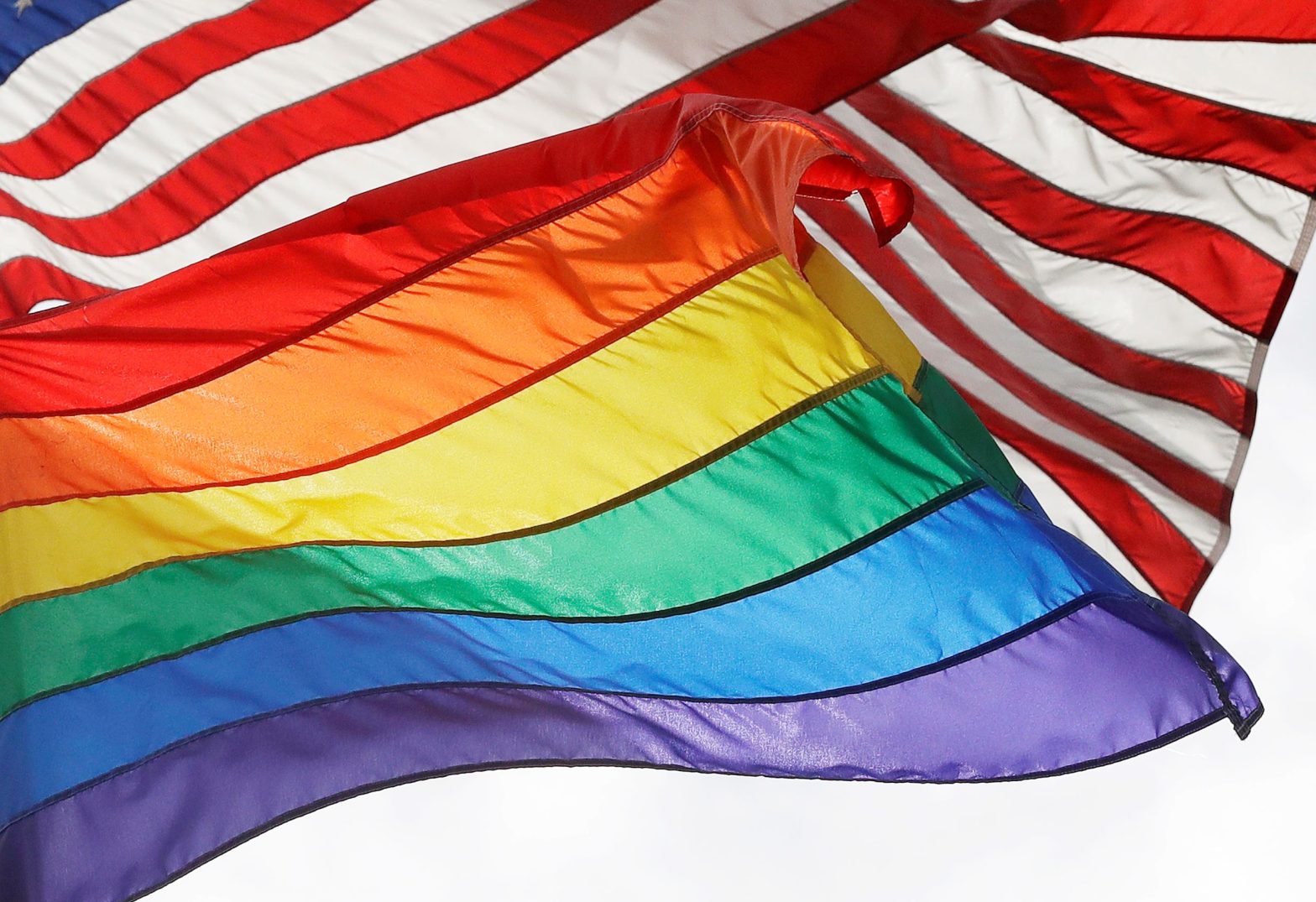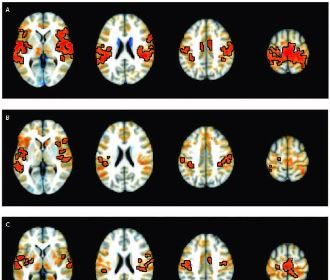Large Number of Rural Transgender Adults Feel They Lack Family Support

MINNEAPOLIS, Minn. — Transgender adults living in rural communities are far less likely to feel they get the familial support they need than those living in urban settings or so-called cisgender adults, those who identify with the sex registered for them at birth, a new university study has found.
While the results of the study conducted by the University of Minnesota Rural Health Research Center were largely expected, the differences between transgender adults and adults whose gender is the same as it was at birth, or cisgender, were not.
Only 16.3% of rural transgender adults said they felt “strongly” or “very strongly” supported by their families, compared to 30.4% of urban transgender adults, 61.4% of rural cisgender adults, and 59.3% of urban cisgender adults.
The study out of Minnesota is one of the first to examine social and emotional support among rural transgender adults in the United States.
However, it builds on previous research, like the United States Transgender Survey, which found, in part, that while rural transgender adults reported having larger and stronger social networks than their urban counterparts, they nevertheless faced higher risks for social isolation and loneliness like transportation barriers and limited access to broadband internet.
In terms of gender identity, research has also shown that among transgender individuals (those whose current gender identity differs from the sex they were assigned at birth) and gender nonbinary individuals (those who do not identify their gender as man or woman), social support from family is associated with positive health and well-being.
More than half (54%) of transgender people in the United States Transgender Survey who described their families as unsupportive had attempted suicide in their lifetime, in contrast to 37% of those with supportive families.
To put this in perspective, among the general U.S. public, 0.5% of adults attempt suicide annually.
Beyond social support, rural residents and transgender and gender nonbinary individuals also experience poorer health outcomes in general, such as higher rates of chronic disease and mortality — including from suicide.
In addition to the Transgender Study, data for the Minnesota research came from the 2016-2018 TransPop Study, which was developed by researchers at the Williams Institute at UCLA.
The TransPop Study, administered by Gallup, was the first random and national probability sample of transgender and comparative cisgender individuals aged 18 years and older in the United States.
The Minnesota researchers said their findings should raise concern about the well-being of transgender individuals in rural and urban areas alike, given the strong association between familial social support and other mental and physical health outcomes like suicidal ideation and chronic conditions.
Further, they said, even if rural populations receive similar levels of emotional and social support to their urban peers, it may be more difficult for rural transgender populations to access affinity groups and the social resources they need for better health and access to care.
Finding social and emotional support outside of one’s family may require transportation assistance or technological connectivity, both of which are harder to access in rural areas.
Some rural transgender populations may need to travel long distances to access LGBTQ+ community centers, transgender affinity groups, or gender affirming health care providers and facilities.
“Better access to services supporting and affirming transgender populations may mitigate the worst impacts of lack of social and emotional support — such as loneliness, isolation, and suicidality,” the researchers said.
They went on to say public health and community-based programs may help address the social and emotional needs of rural transgender populations.
For instance, rural health care professionals should consider continuing medical education on transgender health and be sensitive to the health needs and language used by rural transgender populations.
Meanwhile, prejudicial actions like misgendering (referring to someone with incorrect pronouns or other incorrect gendered identifiers), deadnaming (referring to someone by the name they used before their transition), and denying transgender patients correct pronouns may lead to worse provider-patient interactions and distrust.
Meanwhile, regional LGBTQ+ community organizations in more rural settings are fundamental in expanding inclusive awareness and education on rural transgender health.
“As rural areas and small towns establish LGBTQ+ organizations and events, they should be intentional in welcoming transgender and gender diverse populations. Achieving health equity requires purposive actions of inclusiveness that ensure all members of the community are welcomed — including the LGBTQ+ community,” the researchers said.
Data from the Centers for Disease Control and Prevention shows that more than half of transgender adults, about 54%, live in the majority rural states.
Dan can be reached at [email protected] and at https://twitter.com/DanMcCue

























